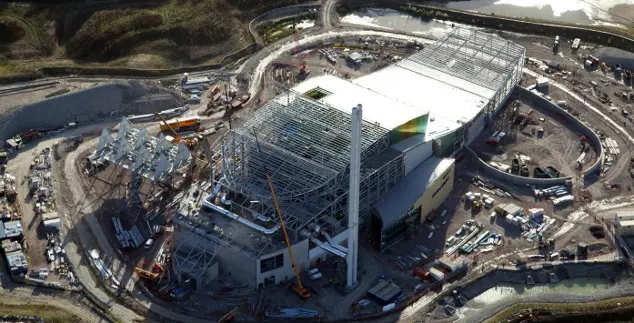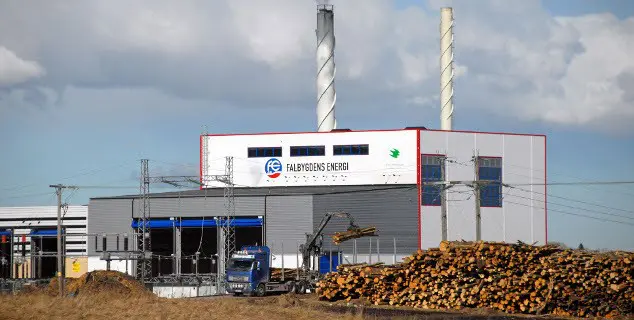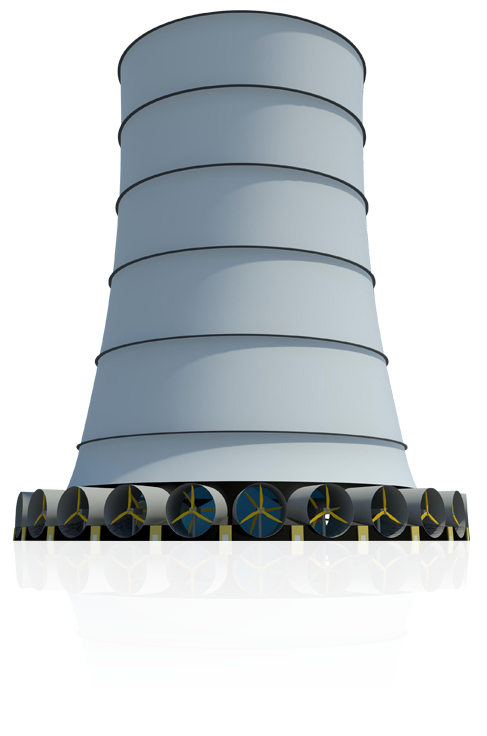The first delivery of residual household waste has arrived Viridor’s 24 MW Ardley waste to energy facility near Bicester, Oxfordshire.
The company – a part of the Pennon Group (LSE: PNN) – explained that commissioning of the £200 million facility is currently underway following the completion of the majority of civil work.
Waste is now being accepted at the plant which is being used to test the cranes and other equipment prior to firing the facility up. It is anticipated that around 20 vehicle deliveries per day will take place initially.
“This first delivery of waste marks the completion of the “cold-commissioning” phase, preparing us to begin processing waste later this month – commonly known as hot-commissioning,” commented Edward Thomas, project director at Viridor.
Oxfordshire County Council Cabinet Member for Environment Councillor David Nimmo Smith, added: “This is a major milestone towards the start of a waste treatment service that will divert most of Oxfordshire’s residual waste from landfill and use it to generate electricity.”
Steam Blowing
The commissioning programme will now continue at the waste to energy plant and a process called ‘steam blowing’ is set to start today.
The company explained that during construction of the facility, some grit and dust can be left inside the system from the joining and welding process. Steam blowing is required to clean out the system prior to the facility becoming operational.
According to Viridor the process is not hazardous but can be noisy. It generally lasts approximately fifteen minutes per ‘blow’ and can sound like a loud rumbling noise. These activities are temporary, of a very limited duration and will not be carried out during the night-time. As well as noise, it will produce a visible steam plume of condensation
The company added that a silencer system is in place to prevent any excessive noise.
Viridor and its contractors CNIM Clugston Oxfordshire are then expected to start the plant up, with waste being processed in the next couple of weeks.
Once operational, the Ardley EfW facility will process around 300,000 tonnes of residual waste, which has been left after recycling and composting, per year
It is also expected to produce enough electricity to power 38,000 homes and to divert around 95% of its inputs away from landfill disposal.








